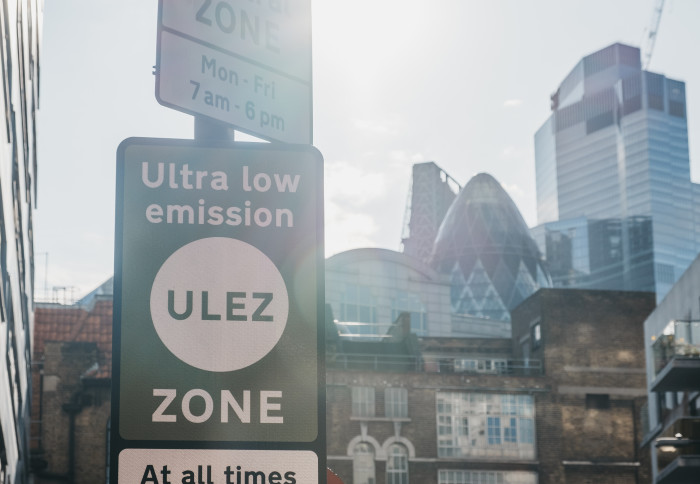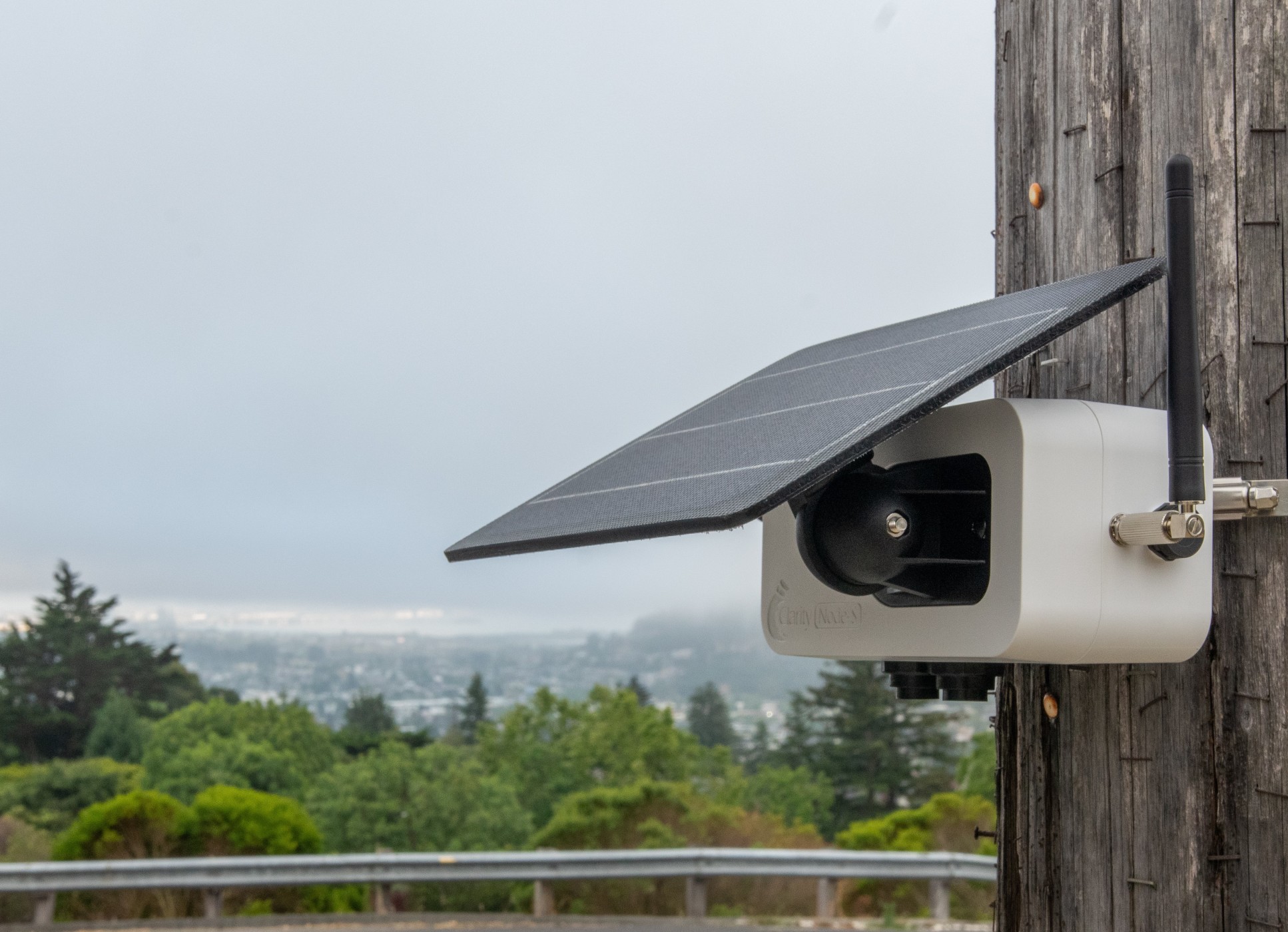Mayor of London, Bloomberg and Imperial join forces to tackle city’s toxic air

Imperial College London and the Mayor of London have launched a new partnership to fight the capital’s air pollution.
The project, funded by the Mayor of London and supported by Bloomberg Philanthropies, will see more than 100 low-cost sensors installed at hospitals, schools and other priority locations, giving communities access to affordable and reliable air quality data for the first time.
The Breathe London community sensor network will equip our city with the data it needs to drive change and protect Londoners at both a local and city-wide level Professor Alice Gast President of Imperial College London
Londoners will be able to “buy in” to the network for a significantly reduced cost compared to existing pollution monitors and host sensors in locations of their choice. This will revolutionise access to high quality, reliable data for London’s community groups, charities, businesses, individuals, academics and boroughs. Community groups and charities will be able to access the service at a discounted rate.
The move marks the next phase of the Mayor’s Breathe London project, launched last year, which is aimed at better understanding Londoners’ exposure to air pollution around the city. It will be delivered through Imperial Projects by the College’s Environmental Research Group, headed by Professor Frank Kelly - their first major project after moving to their new global centre of air pollution research at Imperial College London.
The Mayor of London has committed £757,000 to fund the network over the next four years and additional support will be provided by Bloomberg Philanthropies who also co-fund the GLA’s Schools Streets evaluation programme.

Community focus
The network will have a community focus and compliment London’s existing, highest quality, reference grade monitors, most of which are owned and funded by the London boroughs. These monitors are required for measuring compliance with legal pollution limits but are unaffordable to most charities and community groups.
I hope the success of this scheme will act as a blueprint for cities around the world to battle their own toxic air emergencies. The Mayor of London, Sadiq Khan
The new state-of-the-art sensors weigh just 1.2kg and can be powered by a solar panel. They measure nitrogen dioxide (NO2) and particulate matter (PM2.5) in London’s air at a significantly lower cost than existing monitors. Imperial is partnering with global sensing and data analytics company Clarity Movement Co. to provide the sensors.
The project will focus on reaching communities that research shows have previously been less engaged with environmental programmes, including low-income and Black, Asian and Minority Ethnic groups.
The Mayor of London, Sadiq Khan said: "This is a major milestone for our world-leading Breathe London sensor network. Giving Londoners the opportunity to see the levels of pollution in their local area will improve awareness and help people reduce their exposure. It will also help City Hall, TfL and the boroughs better target efforts on improving air quality for all. As we face up to the current climate emergency, I hope the success of this scheme will act as a blueprint for cities around the world to battle their own toxic air emergencies."
“The onset of coronavirus - a vicious serious disease - has reminded us how important our work to clean up London's toxic air is. It requires bold and innovative action and we can't win this battle alone. This is why I have consistently demanded that the Government match my ambitions and improve the new Environment Bill to include legally binding WHO recommended limits to be achieved by 2030, and to give cities the powers and funding we need to consign air pollution to the history books once and for all.”
Driving change
Alice Gast, President of Imperial College London said: “Air pollution is a grave threat to the health of all Londoners, with the most vulnerable communities often hardest hit. The Breathe London community sensor network will equip our city with the data it needs to drive change and protect Londoners at both a local and city-wide level.
"At Imperial we are determined to help improve London’s air through our science and our links with local communities. We are grateful to the Mayor of London and Bloomberg Philanthropies for their pivotal investment in this vital work.”
Michael Bloomberg, founder of Bloomberg LP and Bloomberg Philanthropies and 108th Mayor of New York City said: “With more real-time data on local air quality, cities and communities can act quickly to cut pollution, protect public health, and grow the economy. London is already a global leader in using technology to better understand and address air pollution. At Bloomberg Philanthropies, we’re glad to expand our partnership with Mayor Khan – and showcase to more cities around the world a low-cost way to track pollution and improve their residents’ quality of life.”
Professor Frank Kelly, Humphrey Battcock Chair of Environment and Health in the School of Public Health, said: "London has made great strides in recent years to reduce its air pollution problem. To move forward, our capital needs more spatially resolved measurement data, especially in locations and communities where vulnerable people live and work. I am most grateful for the foresight of the Mayor’s office and Bloomberg Philanthropies in supporting this work in our new global centre of air pollution research at Imperial College London."
Article text (excluding photos or graphics) © Imperial College London.
Photos and graphics subject to third party copyright used with permission or © Imperial College London.
Reporter
Deborah Evanson
Communications Division
Jack Stewart
School of Public Health